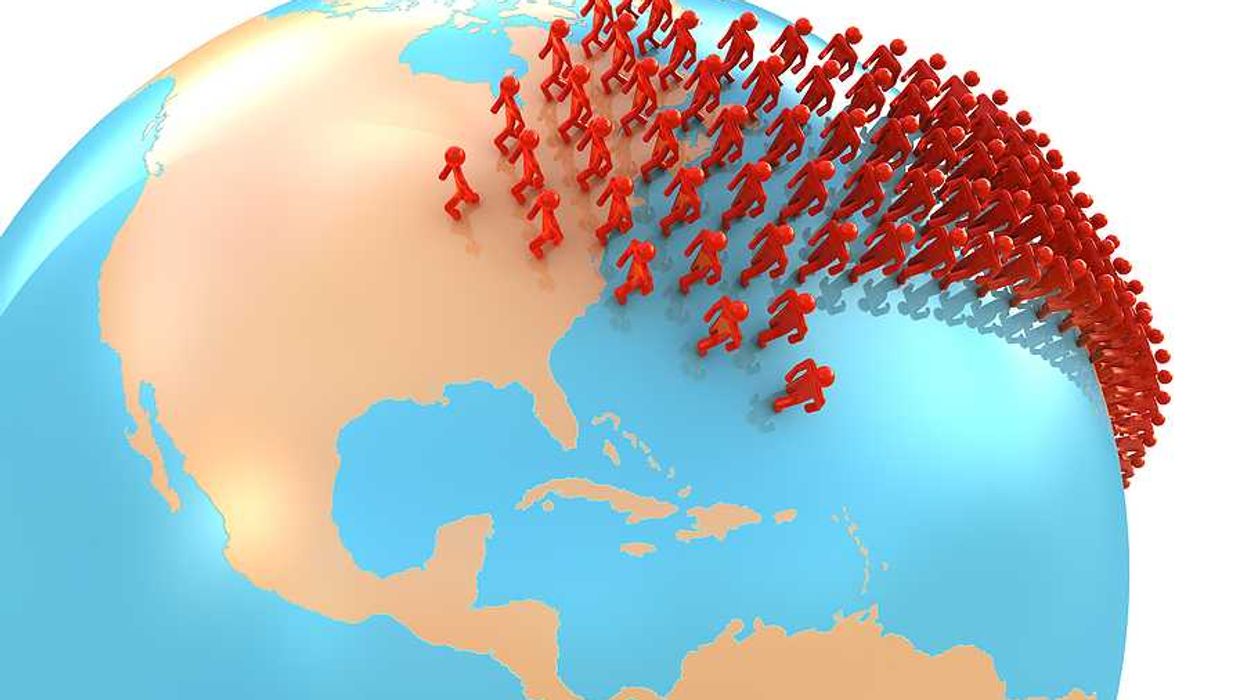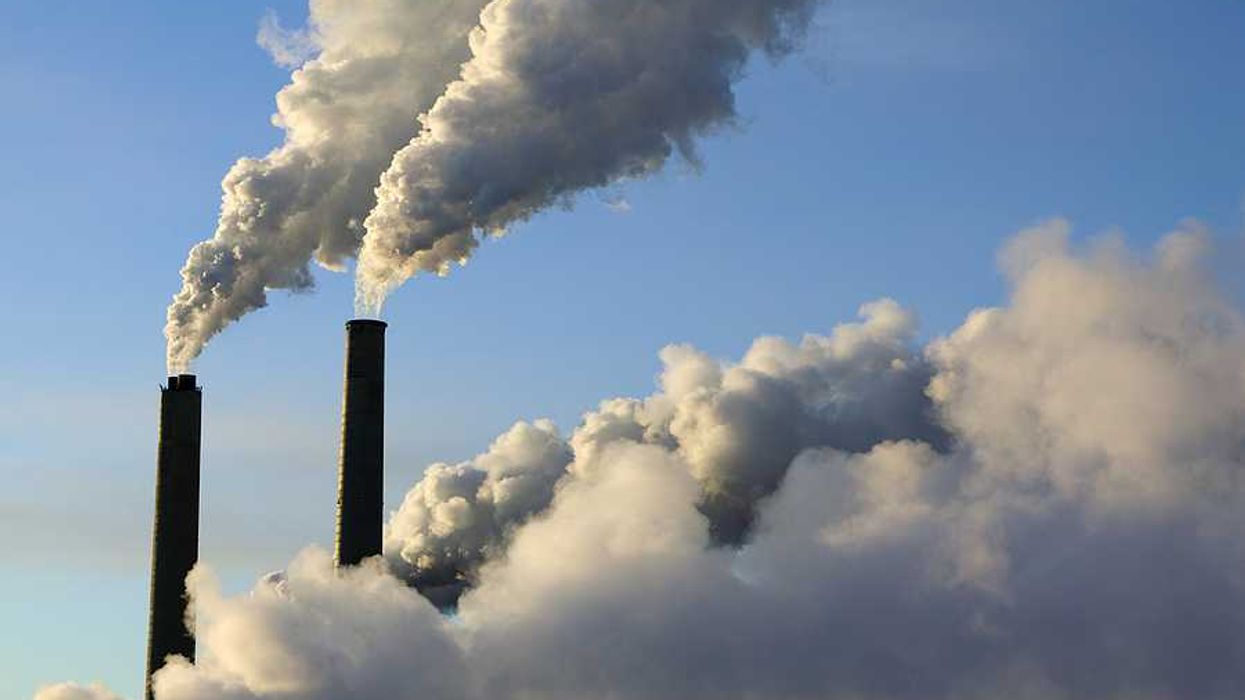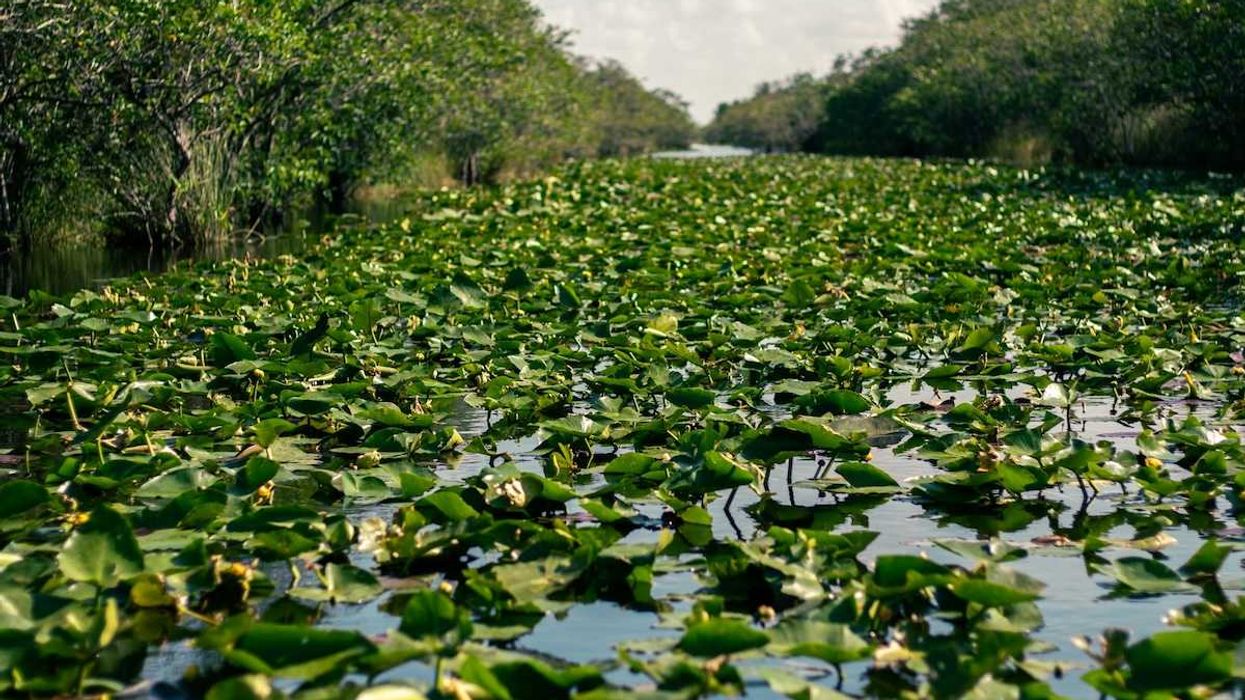Nations negotiating a global plastics treaty are clashing over whether to include protections for human health, with oil-producing countries seeking to weaken or remove such provisions as talks near their final deadline.
Joseph Winters reports for Grist.
In short:
- New scientific evidence links plastics to serious health issues across their life cycle, including higher cancer risks and hundreds of thousands of premature deaths annually, but key treaty language on health has been removed from the latest draft.
- Countries such as Saudi Arabia, whose economies rely heavily on fossil fuels, have led efforts to downplay the health risks of plastics, echoing petrochemical industry arguments and resisting restrictions on plastic production and hazardous chemicals.
- The UN Environment Programme appears to be prioritizing a finalized agreement over strong health protections, leading to criticism that the treaty is drifting from its original mandate to address the full impact of plastics.
Key quote:
“This is simply repulsive. It is not ambition, it is surrender, and we will not allow our future generations a treaty as weak as this.”
— Juan Carlos Monterrey, Panama’s delegate to the plastics treaty talks
Why this matters:
Plastic pollution is a full-spectrum health and climate hazard. Plastics are made from fossil fuels and shed toxic chemicals throughout their life cycle. Research increasingly links plastics to cancer, endocrine disruption, reproductive harm, and cardiovascular disease. These effects are especially dangerous for communities near petrochemical plants, waste incinerators, or landfills, many of which are already burdened by other environmental risks. On top of this, plastics are a growing contributor to climate change, emitting greenhouse gases during production, degradation, and disposal. As plastics proliferate, they’re embedding themselves in air, soil, food, and even human bloodstreams. Stripping health from the treaty would sideline this science — and leave millions more vulnerable.
Learn more: Plastic treaty talks face mounting industry influence as nations split on production cuts
















